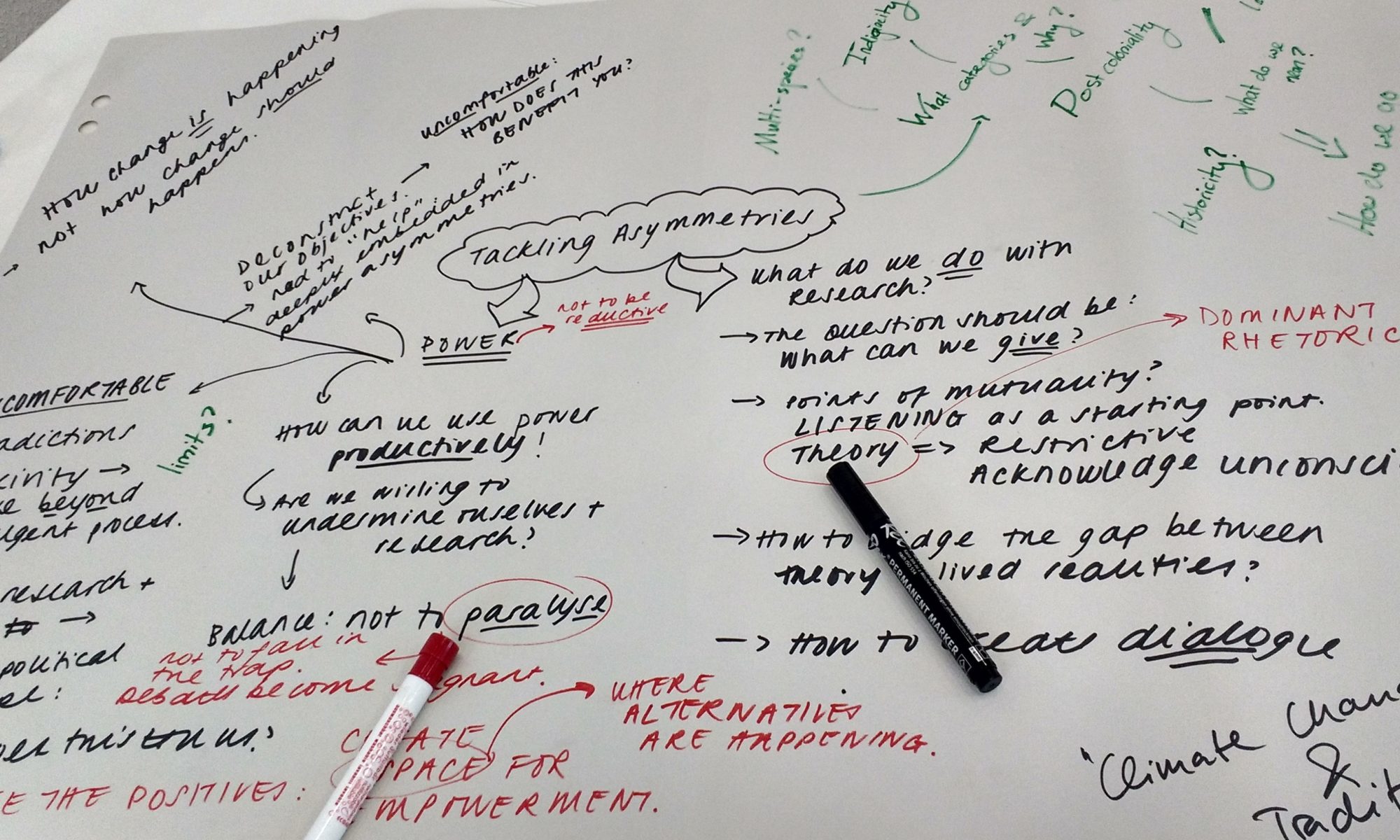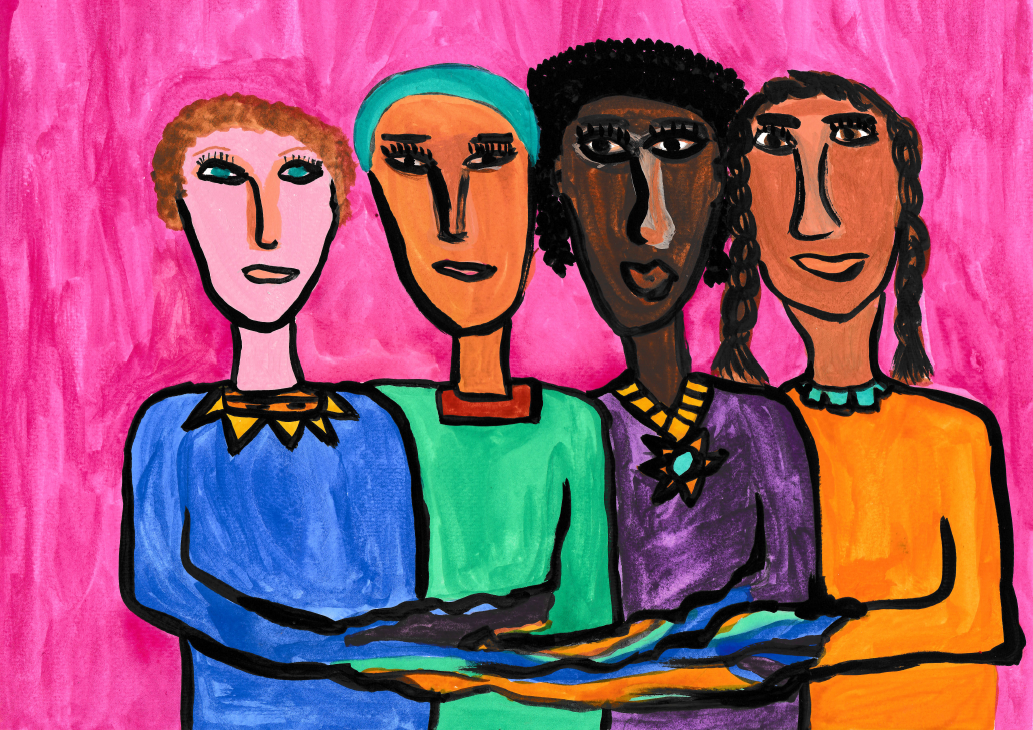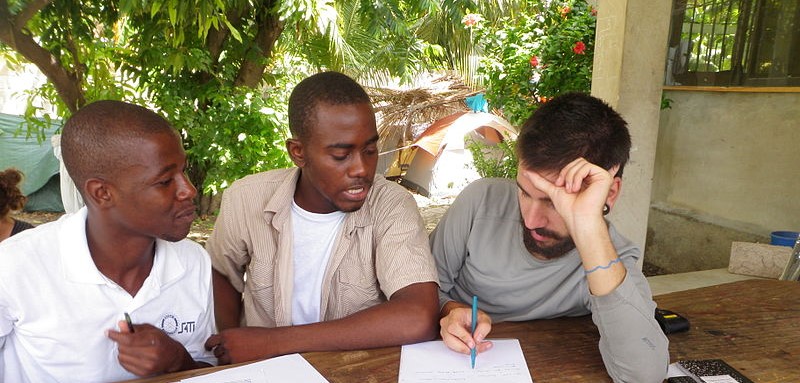By Julia Schöneberg
My research focusses on decolonial approaches to knowledge production and pedagogy, especially in the context of “development”. Development is a contested term that has been filled with different, sometime contradictory meanings. I am convinced that one cannot meaningfully speak about “development” without seriously considering critique and arguments brought forward by decolonial scholarship. Essentially, this means to acknowledge and to confront the ongoing impacts and legacies of colonial rule in all realms of academia, society and politics. Continue reading “Why a decolonial lens must be at the heart of all those who claim to research and teach “development””





